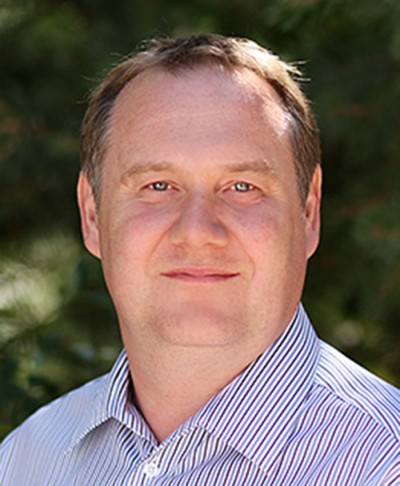
The members of the joint project AMAREX in front of the investigated facade greening elements of Helix Pflanzensystem GmbH (Photo: ISWA Stuttgart, 2022)
On October 26 and 27, 2022, the 2nd AMAREX Network Meeting took place at the Institute for Sanitary Engineering, Water Quality and Solid Waste Management of the University of Stuttgart (ISWA). At the beginning, the participants visited the ISWA teaching and research sewage treatment plant (LFKW) as well as the experimental plants for drought prevention. These facade greening elements of the project partner Helix Pflanzensystem GmbH will be irrigated in field tests with rainwater of different origin areas from retention cisterns and exposed to different drought impacts.
Subsequently, all project partners reported on their progress made in the respective work status. The University of Kaiserslautern presented a new catalogue of LID measures with functionally and operationally expanded stormwater management systems (RWB+ and RWB-N). The catalogue was developed with ISWA and will be used for potential analyses on flood and drought prevention topics.
The Kompetenzzentrum Wasser Berlin (KWB) reported on initial investigations into how the deviation from the natural water balance (parameter ∆W) can be used as a possible overarching indicator for the success of municipal climate adaptation. The calculation of ∆W was demonstrated live via a newly developed, freely available R-tool that drives the water balance model of Berlin. Berliner Wasserbetriebe (BWB) explained how the different aspects of climate adaptation can be combined with the technical feasibility of measures in an AMAREX web tool. Ecologic Institute (EI) reported on network maps (fuzzy cognitive mapping) that show impact relationships of stormwater management facilities (RWB) for socio-economic assessments.
The central output of AMAREX is the development of a web tool by the Technologie Stiftung Berlin (TSB). This tool allows a closely coordination of different objectives (flood and drought prevention) and reliable impact assessments (socio-economic) for different planning scenarios.
For this purpose, under the leadership of Berliner Wasserbetriebe and Stadtentwässerungsbetriebe Köln two stakeholder workshops were held in Berlin and Cologne in October to analyze crucial needs and requirements. There, the benefits and functions that the individual municipal stakeholders expect from the tool were queried and discussed. The expectations and implementation suggestions from the workshops are now being analyzed and prioritized in terms of their feasibility. In addition, the question of the technical implementation and level of detail of the web tool must be answered.
Finally, the high relevance of the topic was also illustrated by coordinator Prof. Dr. Ulrich Dittmer. He reported that several other cities are interested in improving their stormwater management and thus better adapting their cities to more frequent periods of drought and heavy rainfall events in the future.
